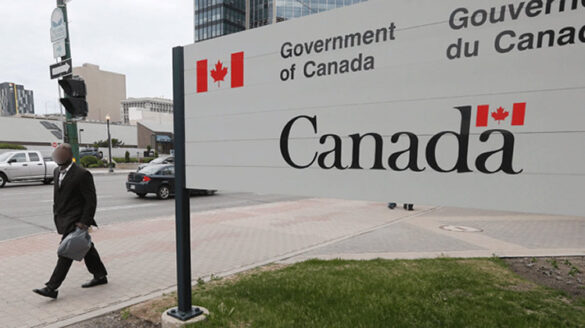In a move laden with political and economic implications, Canada has imposed a significant cap on foreign student visas, slashing the planned intake for 2024 by 35% and signalling a potential two-year freeze on this key source of population growth.
This drastic measure, announced by Immigration Minister Marc Miller, responds to mounting public anger towards Prime Minister Justin Trudeau’s government over the nation’s escalating housing crisis.
Speaking in Montréal on Monday, Minister Miller said, “These measures are to ensure that as future students arrive in Canada, they receive the quality of education that they signed up for and the hope that they were provided in their home countries. It would be a disservice to welcome international students to Canada knowing that now all of them are getting the resources they need to succeed in Canada. Allowing bad actors to continue their operations would be a disservice to all of the good institutions who pride themselves on providing a top-tier academic experience.”
The new cap, set at roughly 360,000 international student permits, marks a stark reduction from the uncapped intake of previous years. This sudden shift reflects the government’s attempt to alleviate pressure on the housing market, where surging demand from immigrants and foreign students has been cited as a contributing factor to skyrocketing prices and dwindling availability.
However, the move is likely to trigger a ripple effect across various sectors. Universities, heavily reliant on international student fees, face financial uncertainty and potential staffing cuts. Meanwhile, concerns are raised about the impact on Canada’s long-term demographic and economic goals, as foreign students have traditionally played a vital role in filling skilled labor shortages and boosting the national economy.
The decision’s two-year timeframe, with a reassessment scheduled for the end of 2024, hints at a potential temporary solution rather than a permanent policy shift. This approach acknowledges the immediate political pressure while leaving room for adjustments based on evolving housing market dynamics and public sentiment.
Canada’s foreign student cap marks a significant turning point in its immigration policy, prioritizing domestic concerns over unfettered population growth. The success of this strategy will depend on its effectiveness in addressing the housing crisis, its impact on the education and economic sectors, and its long-term implications for Canada’s demographic and economic trajectory.

